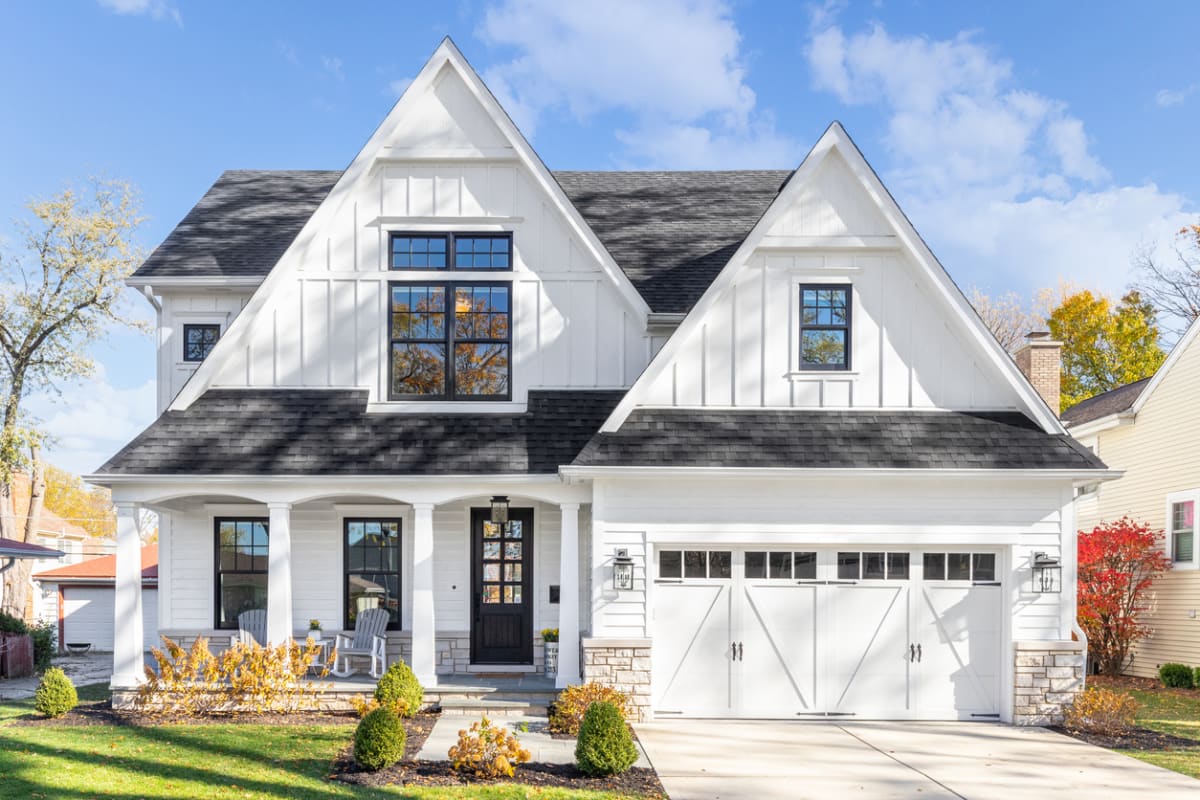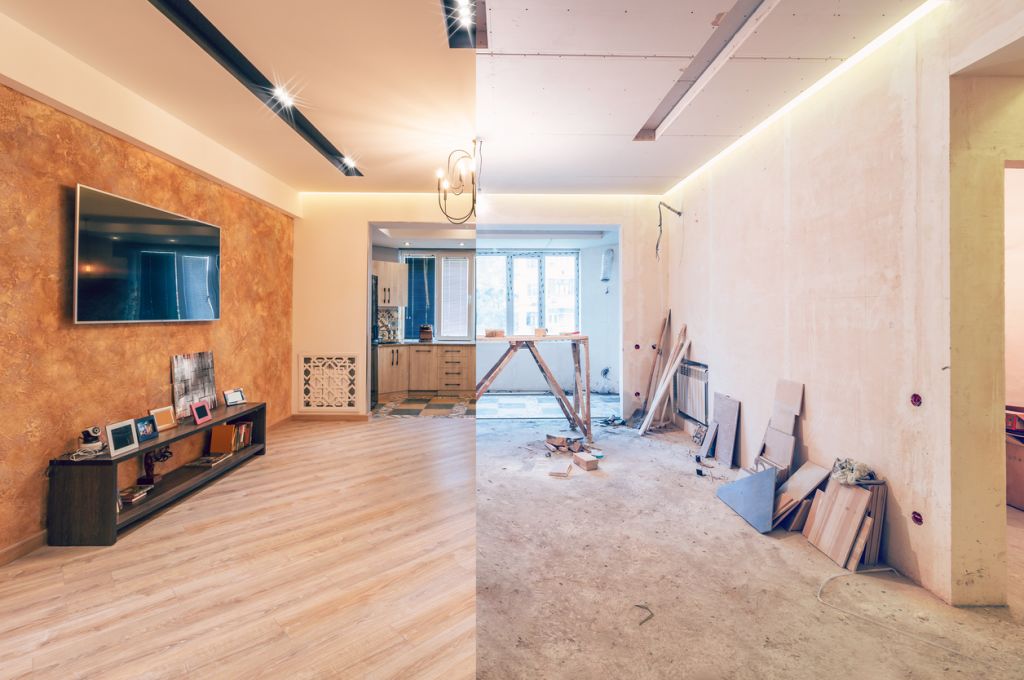5 Tips to Evaluate an Investment Property

Did you know many present-day millionaires in America made their wealth through the real estate industry? While the real estate industry may change quite a bit, having an investment property can be a great way of creating wealth.
There are several options for investing in real estate. This article focuses on factors to consider before purchasing an investment property to help you earn passive income through rent, sell at a future date for a profit, or both.
1. Investment Property Location
Location is among the most important factors to consider when buying an investment property. Your target market will determine the ideal location for an investment property.
For example, if you intend to invest in a vacation home, you will want the home to be as close to where people like to vacation as possible. If your target market is the middle class, you want your property to be in an area where the middle-class lives or at least close to such areas.
It is also important to consider a property’s proximity to amenities such as markets, schools, transport hubs, etc. The more ideal a location is, the higher the price it will attract and the higher the rents you charge. So it would be best to consider all these before committing your money.
If you are unsure what cities have the best prospects for the real estate industry, the 9kilo list of best states to live in the US can give you a good idea of ideal locations for real industry investment.
2. The Local Economy
The local economy of a location will determine the return you will get from your property. One of the things you want to look out for to determine the economy of a location is its population. A large population means that the economy is doing great and will attract people seeking living spaces.
But you also have to consider if the population is on an upward or downward trajectory. A population decline should signify dwindling prospects in the real estate industry. Other factors that can help give you a rough idea of an area’s economy are its job markets, unemployment rates, historical trends, growth potential, and how other investors in real estate are doing in the location.
3. Condition of the Investment Property
The condition of a property determines your financial input in renovations, which ultimately affects your profits. The condition of the property should never be the only determining factor. If you are getting a good deal on a property in a state of disrepair, you could still take it if you will make a profit after repairs.

The age of a property can also affect the returns you get from it. Older houses require large upfront and continuous investment, but you could still buy an older property if your math adds up after considering its maintenance cost.
4. Financing
After identifying potential investment properties, the next step will be making a purchase. Buying a house is a huge investment, and not many people buy a house from out-of-pocket cash. There are many options of financing to choose from when paying for a home, with taking a mortgage being the most ideal.
However, you could also look into other financing options, such as hard money lenders or leveraging your equity on other investment properties to get financing. Every dollar counts, so when choosing a lender, ensure you fully understand the terms of their loans to ensure you only go with a lender that offers the best deals.
5. Understand the Risks
Every business venture has risks. If you have been in the real industry for some time, you may already know the risks involved. If you are a new entrant, it is important to consider the risks so you can identify them before investing and come up with ways of overcoming them.
Some of these risks include not turning in the rental property you anticipated, expensive repairs, and changes in government policy, such as increased property taxes. The local economy could also change unexpectedly. There is also the chance of getting bad tenants that can significantly drive up overall costs in repairs and costs of evictions.
Most of these risks are avoidable through proper planning. For example, you could hire a contractor to determine the amount of work you will need to put in a house in terms of repairs. This way, you can avoid having budget overruns that ultimately hurt your profits.
Also, conduct a thorough background check on potential renters to ensure that you only admit renters who won’t give you problems. Some factors, such as government policy changes and abrupt changes in the economy, are unavoidable but rare. If you handle what you can, you can significantly keep your risks to a minimum.
